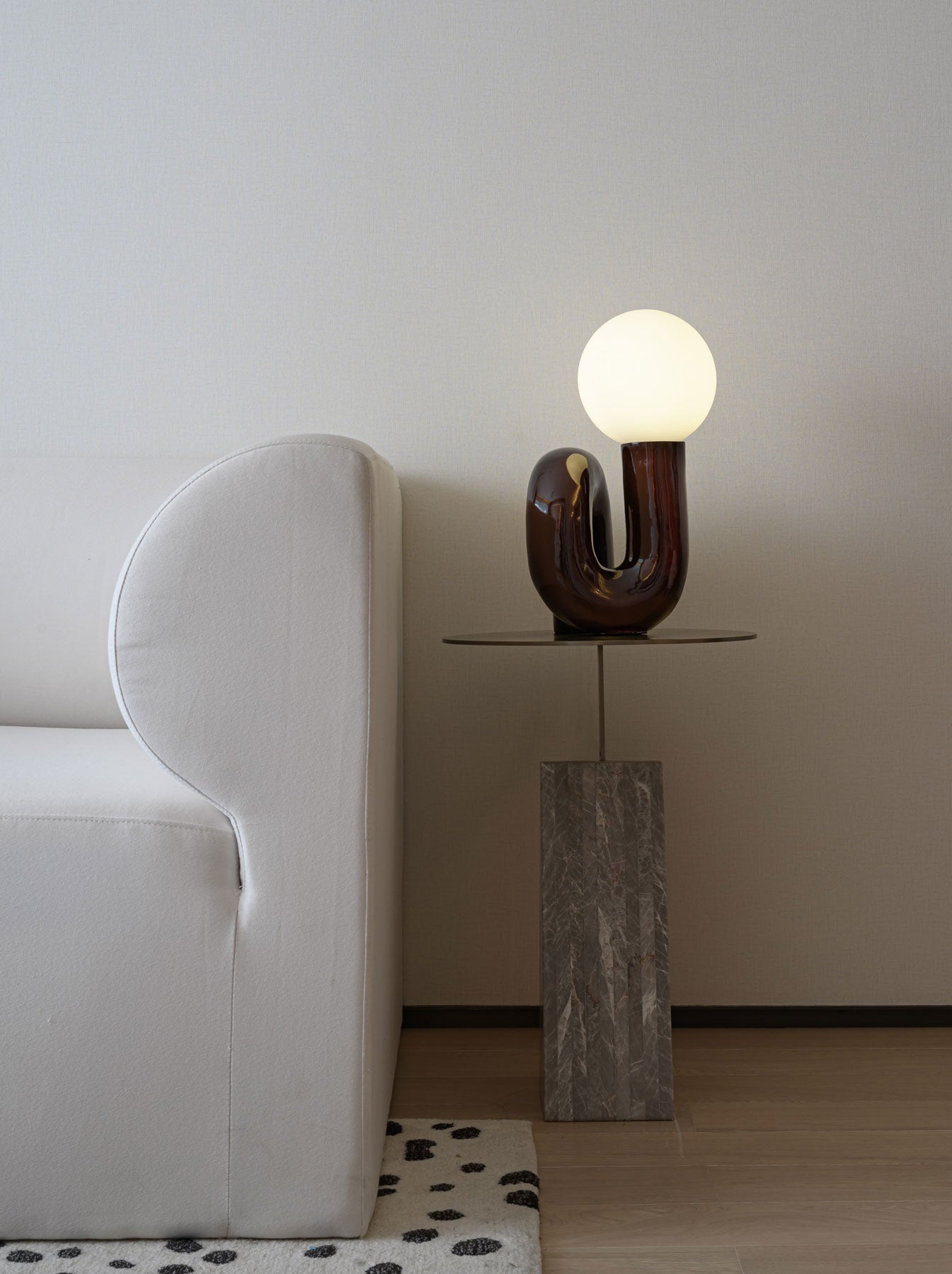Four Tips on How to Stop Comparing Yourself to Others
by Intelligent Change
You’ve probably landed on this article because the habit of constantly looking at somebody else’s life often results in you feeling not so fantastic about yours.
Did we hit the nail on the head?
And you probably know that just saying to yourself “I really need to stop comparing myself to others” doesn’t really solve the problem, which is why you’re looking for solid solutions to stop.
But why does jealousy seem to be so ingrained in our DNA?
Although social comparisons, and the consequent envy, are often associated with the time spent scrolling on our devices, you don’t really need them to fall into the jelly vortex. In fact, people have been doing this since forever: whether it was whose house was bigger, whose ball gown glistened brighter, whose salary was higher, who’s more educated, and so on.
Comparison per se wouldn’t be a problem if it wasn’t for its consequences. How do you feel after scrolling on Facebook, LinkedIn, or Instagram for half an hour, looking at your friends’ travels, engagements, parties, or office photos?
Even if you’re not the “envious type” and you’re more likely to be glad about others’ happiness, the comparison is almost inevitable. That’s simply how we process information: if it weren’t for our perception of others, how would we be able to perceive ourselves?
What Does Social Comparison Do to Our Self-Esteem?
In modern days, the easiest way to measure and discuss social comparison is through our behavior on social networks. These are apparently the blazing spots for our self-esteem.
Study after study has shown that excessive use of social networks makes us feel miserable. Yet, we don’t quit them. We don’t shut down our profiles. We return every single day and spend hours scrolling the news feeds.
Why do social networks make us feel bad?
The first reason is simple and intuitive—social networks detract us from real-life relationships and meaningful activities. This certainly can make a person feel miserable.
But what’s even worse is how our self-esteem erodes through unfavorable social comparison.
When people post about their lives on social networks, it’s far less likely that they will post about their hardships, anxiety or negative aspects of their lives. People usually post the most positive aspects of their lives online, and whoever consumes that content might fall into the trap of thinking that their life is less ideal compared to experiences and lives of others.
So, why do we still do it?
One study revealed that, despite mood deteriorations, people continuously use social networks because they falsely believe it will make them feel better and more relaxed. What happens instead, is that we subconsciously analyze what we see in relation to ourselves—we compare our lives to other people’s lives, which immediately inspires an overwhelming feeling of emptiness or jealousy.
But, what do you think: which social network incentivizes social comparison the most?
If you’re thinking of Facebook and Instagram, due to the enormous amount of personal data ending up there, surprisingly, guess again.
Another study revealed that it's LinkedIn! This network designed for users to find new job opportunities and promote their business achievements is apparently the biggest source of distress. This is due to the fact that, despite it being the least personal webspace on the Internet, LinkedIn is focused solely on business achievements and promotions.
This same study also concluded that if it wasn’t for the social comparison, we wouldn’t be nearly as anxious after using social networks.
We could go on and on about the correlations between depression and the number of hours spent on Facebook, or how focusing on what other people have (and exhibit on social networks) makes us less happy, but let’s be honest—you know all this already.
So, the next logical advice is: get off social networks or limit their usage.
But, will switching off your Facebook or Instagram account really solve the problem?
What should you do when you feel the same way again?
How to Stop Comparing Yourself to Others

Getting off social networks can be beneficial temporarily, but it won’t prevent you from feeling bad when you fall into the social comparison trap. You’ll still face that in the real world.
So, what do you do then?
1. Be Aware of the Mechanisms of Social Comparison
Keep your friends close, but your enemies closer?
If social comparison is your enemy, and you want to fight it, you need to know how it works.
First of all, social comparison is a typical cognitive bias, and it’s been the subject of psychological research for decades.
According to the famous psychologist Leon Festinger, people have an innate drive to compare themselves to others: it’s literally impossible for us to define and pass judgments about ourselves if we don’t do it in relation to others.
Therefore, step one to fighting social comparison is to embrace that it’s normal.
However, according to the same expert, there are two types of social comparison: upward and downward.
In upward social comparison, we compare ourselves to someone we perceive as ‘’better” than ourselves and wish to achieve their levels of abilities. The downward comparison is more like: “I may not be so good at this, but at least I’m not that guy!’’
But who makes the decision on who’s better or worse, prettier or uglier, smarter or not? Who says whether it’s better to be you or “that guy”?
It’s us. The culture we live in and its implicit and explicit norms. But are these norms always applicable to everyone? Should they be? No.
Be aware that both upward and downward social comparison can influence your motivation, confidence, or self-belief. That’s why you should also know this:
- Comparing yourself to others is always unfair: you don’t have the same starting points, you don’t live the same lives, you don’t run at the same pace. Can you compare your singing to Whitney Huston’s? Should you be resentful about it?
- The amount of comparisons is endless: if you override it, it may never stop. There are at least 7 billion people on this planet, so comparing yourself to a couple of people from your high school—do you really think that's a relevant comparison?
- The focus is on the wrong person: although social comparison is about defining who you are in relation to others, don’t let it get out of hand. You can’t control how quickly other people progress through life, or by what means are they getting where they’re getting. You can only control yourself. Are you a better person today than you were yesterday? No? Well, you can start there—compare today’s version of yourself to the person you were yesterday!
2. Practice Gratitude
Will you stop comparing yourself to others if you start practicing gratitude? Maybe, but probably not entirely.
What you will learn is how to love and appreciate yourself more, and succumb to the other amazing positive side effects of gratitude (read more about the benefits of gratitude on our blog).
According to Robert Emmons, a leading researcher on the topic, gratitude is “an affirmation on goodness”. Regardless of whether goodness is within or outside of us, the feeling of gratitude means acknowledging that there’s something positive about this life.
When you compare yourself to others, it's easy to fall into the vortex of feeling unworthy, unsuccessful, incompetent, or whatever is your “thing”. The regular practice of gratitude can help you balance out this negativity with a daily shot of positivity. Just like your brain regularly keeps track of all of your flaws, a gratitude journal will help you keep track of your achievements.
So, how do you practice gratitude?
By keeping a gratitude journal! Of course, this isn’t the only way to instill gratitude in your life, but it’s by far the most efficient.
There are no special rules on how to keep a gratitude journal: you can get a simple notebook, and just write things you’re grateful for. It can be in the form of short statements, essays, or illustrations. You can spend hours or minutes filling out your diary.
However, if you’d like to really feel the effects of gratitude journaling, you should fill out your journal every day. If you’d like this activity to be short, simple, inspiring, and effective, look no further: The Five Minute Journal is a curated gratitude journal, designed to help you shift your mind to a state of optimism. It has structured exercises that take only five minutes of your day, and the results are immeasurable.
If you’d like to find out more about keeping a gratitude journal, check out our Ultimate Gratitude Journal Guide.
3. Build a Growth Mindset—Turn Comparison Into Inspiration
This is like trying to make lemonade out of those lemons life (or social networks) gave you.
So, imagine this: you’re scrolling your Facebook homepage, and you see that your college friend has graduated (and you didn’t), or your colleague got a promotion (and you didn’t), or your high school sweetheart got married (and you’re cuddling your two cats, and obviously—didn’t). Admit it—you’re a bit jelly. But what exactly are you jelly of?
We usually envy other people for their success, but we tend to overlook the things behind that success: how much work they put into achieving it.
This perception is what differentiates a growth mindset from a fixed mindset.
Instead of being envious over other people’s triumphs, try to be inspired by the stories behind them. Instead of rolling in your own misery, try to make your own success plan:
- List all the things you’d like to improve (e.g. lose weight, graduate, find a better job)
- Pick one or two you find the most important
- Create a strategy: divide your goals into steps and define precisely how you are going to complete each of them
If you’re not sure how to prioritize your goals or divide them into separate steps, try using The Productivity Planner. It’s less than a diary, and more than a to-do list. The Productivity Planner is designed to help you define your long-term and short-term goals, and organize them through months, weeks, and days.
Up for it?
Find out more about the various uses of The Productivity Planner in this blog article.
4. Reflect
Self-reflection can help you become aware of your triggers. We’ve mentioned that one of the biggest triggers for social comparison are social networks. But, there’s probably more… a person from your circles who particularly annoys you with their bragging, or those people in high-end shopping malls, or fancy houses in the bourgeois neighborhoods you’ll probably never even visit.
Try listing all these triggers and ask yourself: why are you triggered by this? How do these actually affect you?
Once you realize how disconnected all these stories are from your life, you’ll see that comparing yourself to all these people is a waste of time.
A Friendly Take Away

If you’ve come to the end of this article, and you’re reading this, you’ve probably figured out that you’ll never stop comparing yourself to others completely.
That’s not necessarily a bad thing: comparing ourselves to others can sometimes even boost our morale, motivate us, or help us realize something new about ourselves.
However, when it gets out of hand, you always have these four tips at your disposal:
- Know your enemy—learn what social comparison is all about, so you know how to embrace and overcome it
- Balance your negative thoughts by practicing gratitude
- Exchange a fixed mindset for a growth mindset, and find inspiration in others’ triumphs
- Reflect and learn about yourself and your triggers
Thank you for reading this article, and be sure to read more on our blog.










